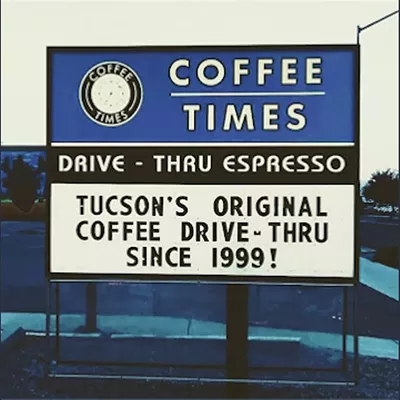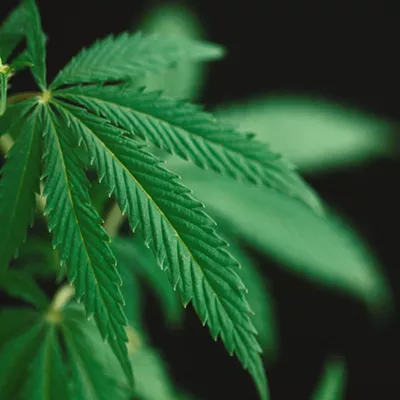More than 300 attendees filled the UA College of Medicine auditorium to hear seven speakers discuss cannabis and cannabinoids and their promise as medicine.
With 33 states already approving the use of medical marijuana (and 11 states OK'ing recreational MJ), it was long past time for researchers to start tackling the mysteries of cannabis.
According to Todd Vanderah, chairman of the Pharmacology & Neurology Department in the UA College of Medicine, "We're way overdue for a public forum like this because the public obviously wants to know more. CBD use is prevalent and it's important we get out ahead of this to educate people on what cannabinoids really are.
"I'm not saying how great or bad they are, just that education is important to our physicians, students and members of our community," he added. "We have our ideas and opinions, but we really haven't done much in the way of community outreach to say what the product really is and how it works, the science behind it, and I think there's a lot more scientific evidence that needs to be told."
An event like this doesn't just take place in a vacuum, as professor emeritus Raphael Gruener spent six months organizing the day-long gathering designed to inform the community of recent evidence-based research and teaching on the potential value of cannabis in horticulture and human medicine.
Support from the top down was demonstrated by the drop-in appearance of university President Robert Robbins, who amplified the feelings of others by noting: "This is an opportunity for us as an Arizona university to work with the collaborators here today—especially in the research areas of opioid addiction, pain reduction and debilitating seizures in young children—to look at the infrastructures that can help us in solving some of these big problems."
During one of the several question and answer sessions with a very involved audience, Iraq war veteran and military policeman Ricardo Pereyda said the public dialogue was a long time coming—too long, in his opinion. "Why are we treating this plant like it's radioactive?" he asked.
"We treat it as though it's going to jump off the table and kill everybody and that's not the case," he said. "In this building we have chemotherapy taking place upstairs in the hospital. We have radiation treatments...all kinds of harmful stuff being used in medicinal form. So why can't we use a plant that doesn't kill people? We need to look at this in a rational manner as adults and have a debate based on scientific facts and data, not just ignorant propaganda and rhetoric that's been spewed for decades.
"The federal government's scheduling position of marijuana is becoming more and more indefensible as the years go by as more states enact their own medical programs," he added. "The government's message is not conducive to the reality on the ground. It doesn't match up with what's really happening."
Utilizing experts from around the world, speakers from Israel, Saskatchewan, Mississippi, Maryland and California, discussion topics ranged from The Biological Foundation of the Endocannabinoid System to the Human Physiology of Cannabis and Cannabinoids to the Promise and Challenges of both. (A recording of the event will soon be available via a link on the website be.arizona.edu/iics).
"Those who attended were thirsty for evidence-based scientific information about what cannabis, in all its forms, can and cannot do," said coordinator Gruener. "The discussions opened up all aspects of cannabis including exposing some unknowns, featuring some critical comments, while sticking to science. We know some things, not a lot, but the hidden promise of cannabis as a medicinal in multiple areas of the human condition warrants a concerted effort to push for legislative reform so that these scientists will be able to do their work in the open like research on other drugs being developed, tested, and scientifically evaluated.
"I think the University of Arizona research community, with its existing talent and expertise, is poised to engage in further research in this area," he added. "Toward that end, I'm hopeful this inaugural Interdisciplinary Cannabis Symposium will become an annual event in Arizona."







